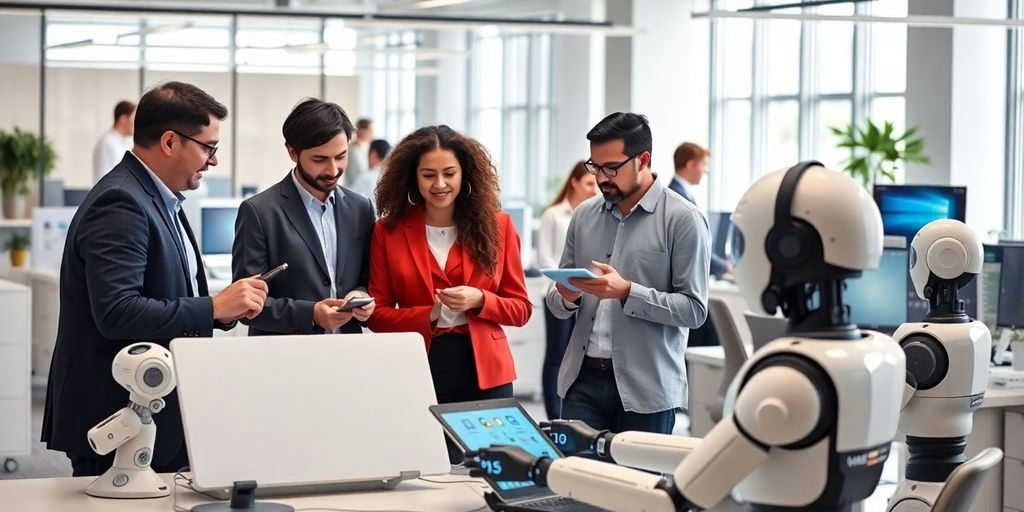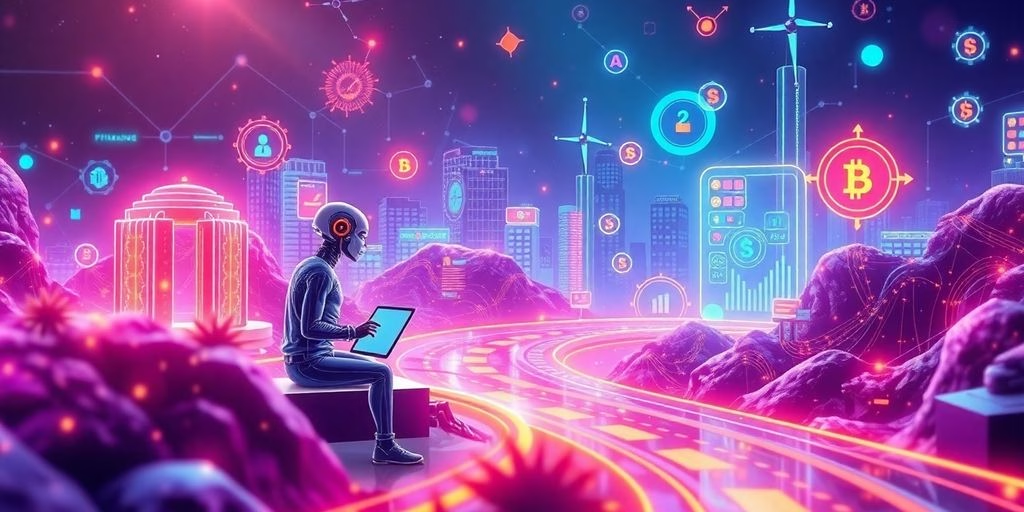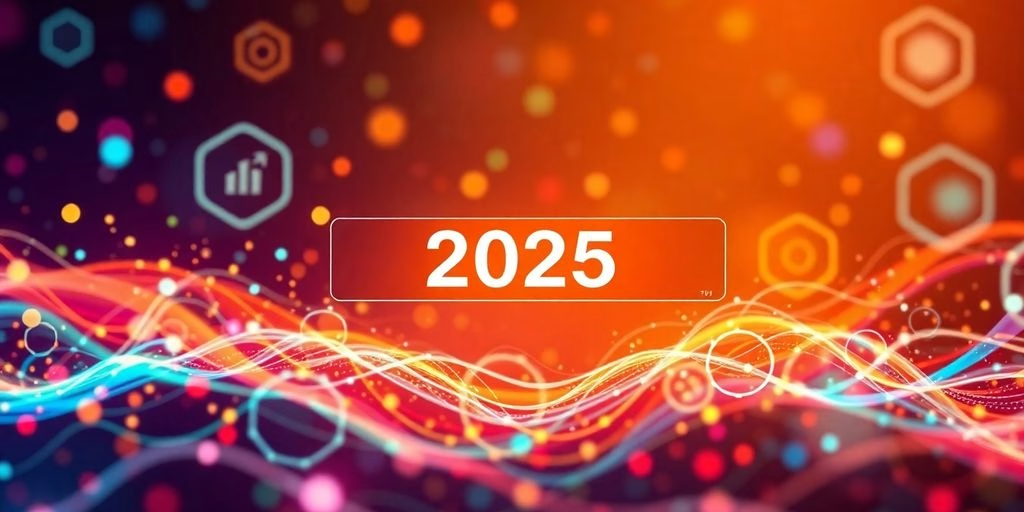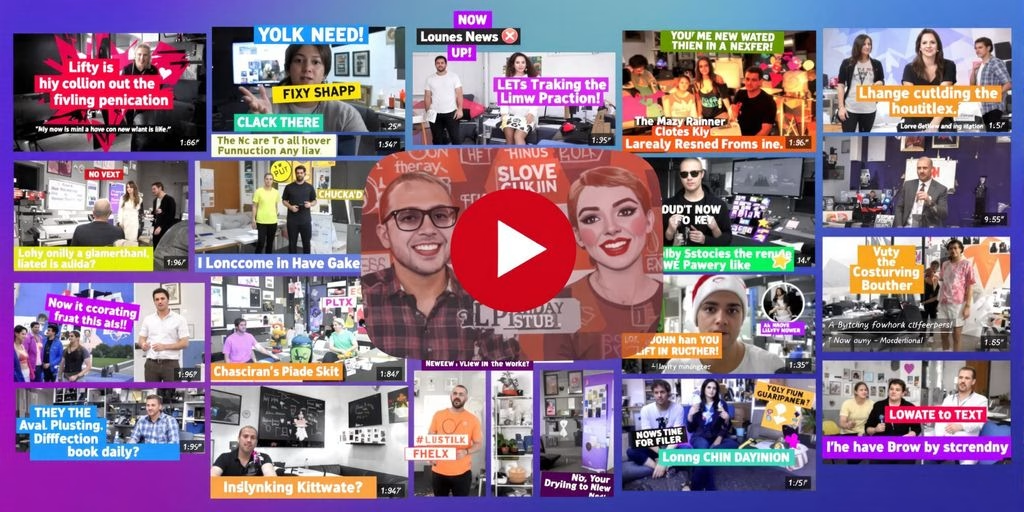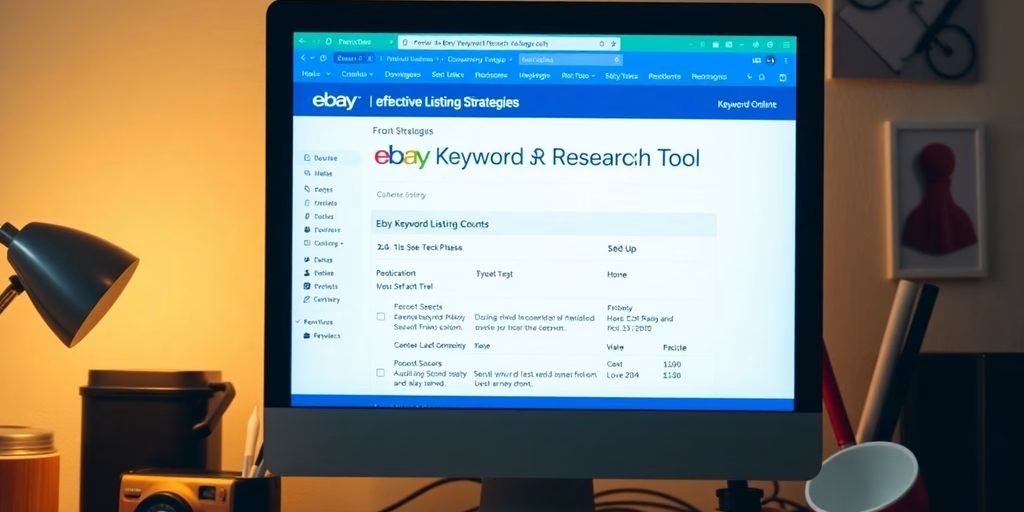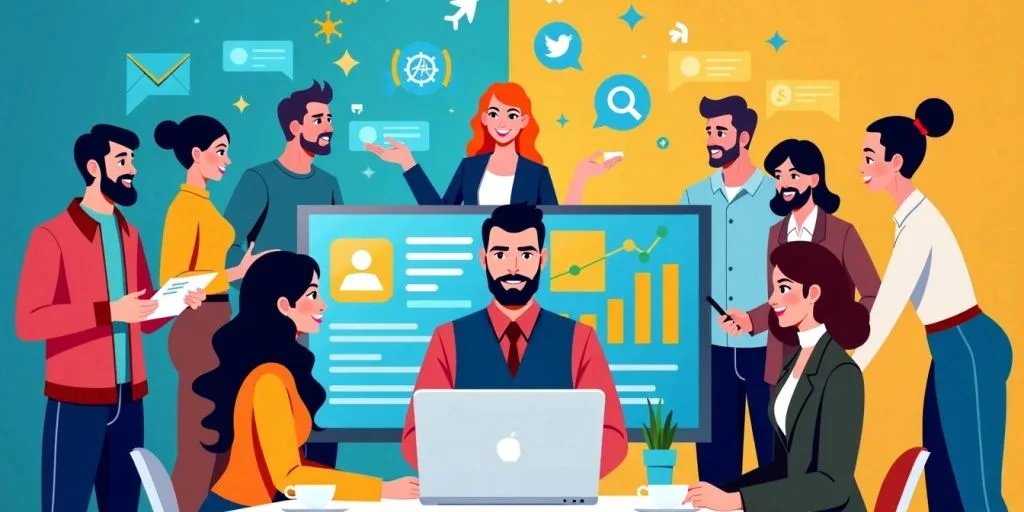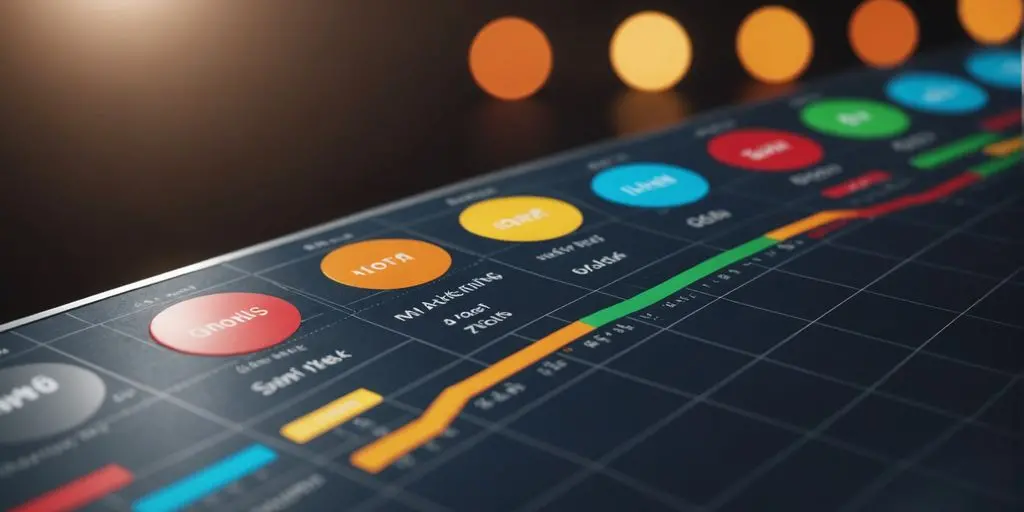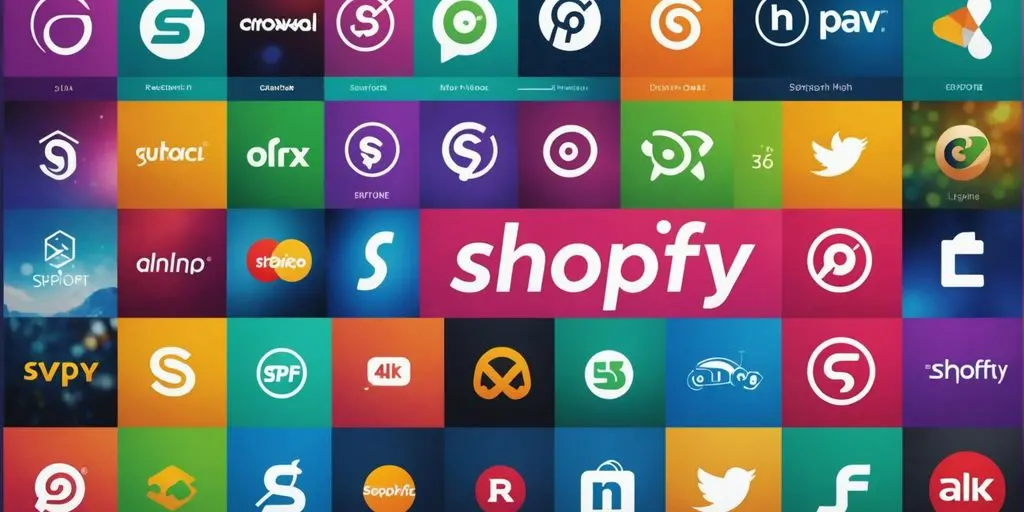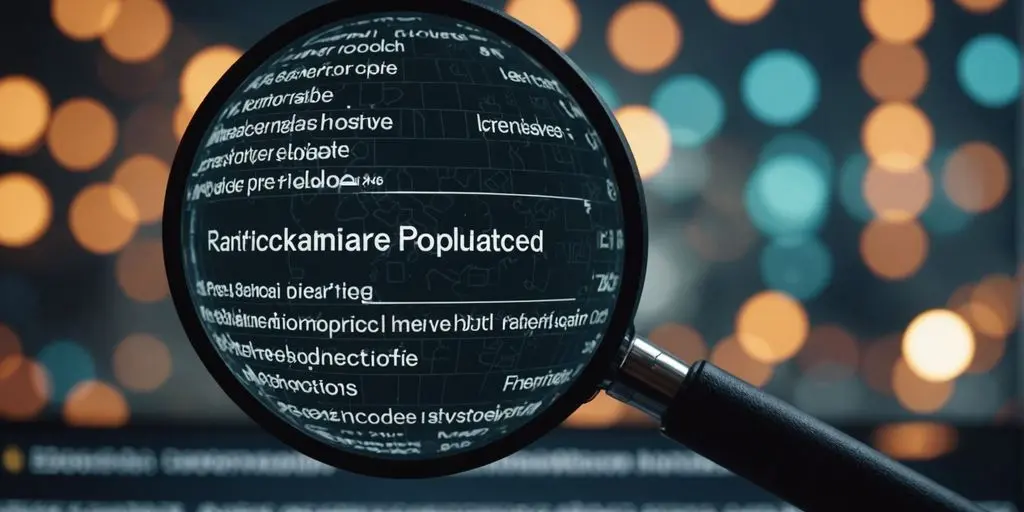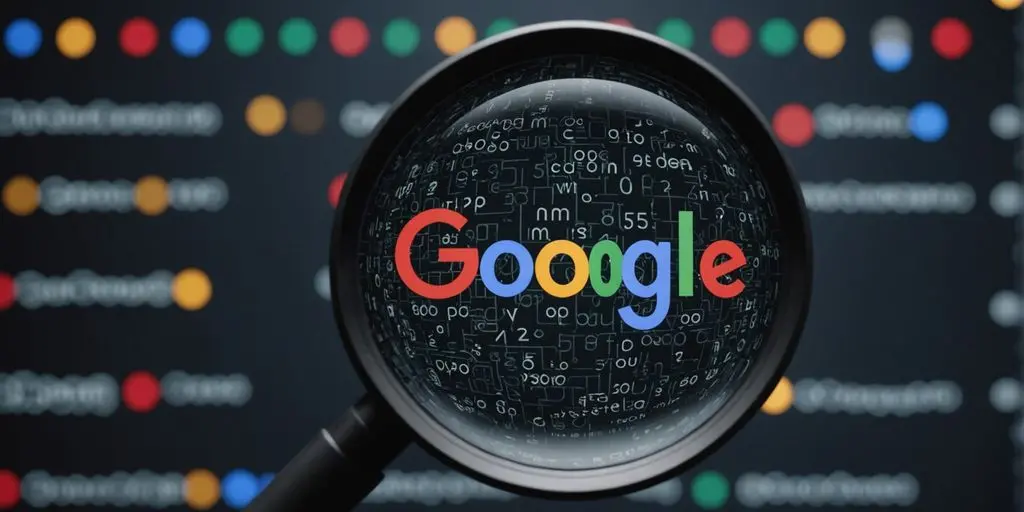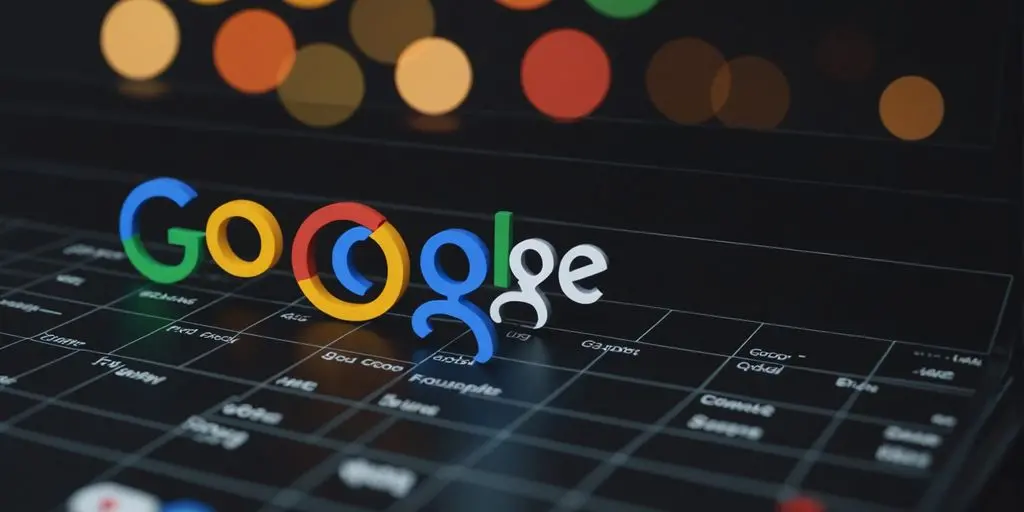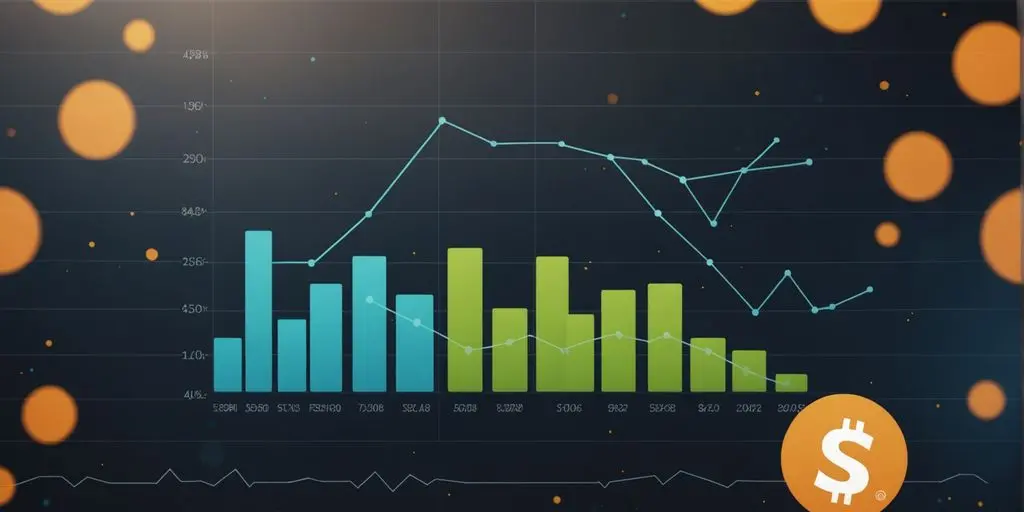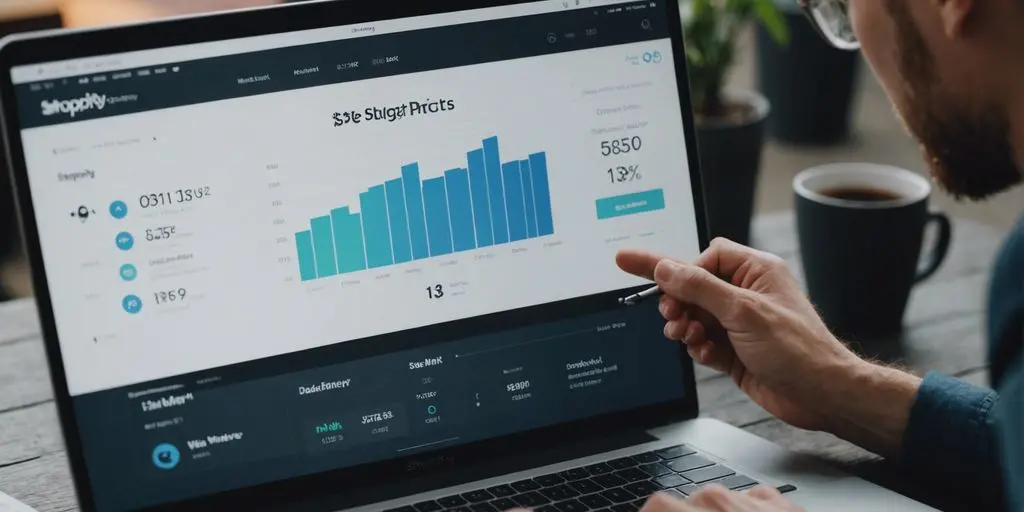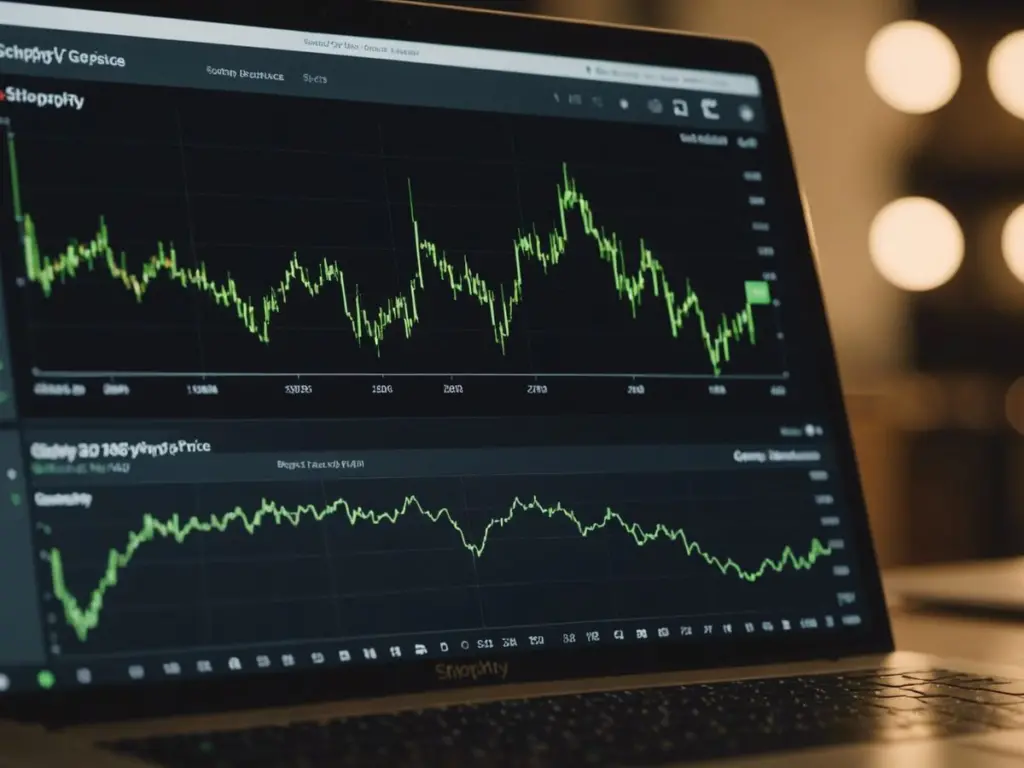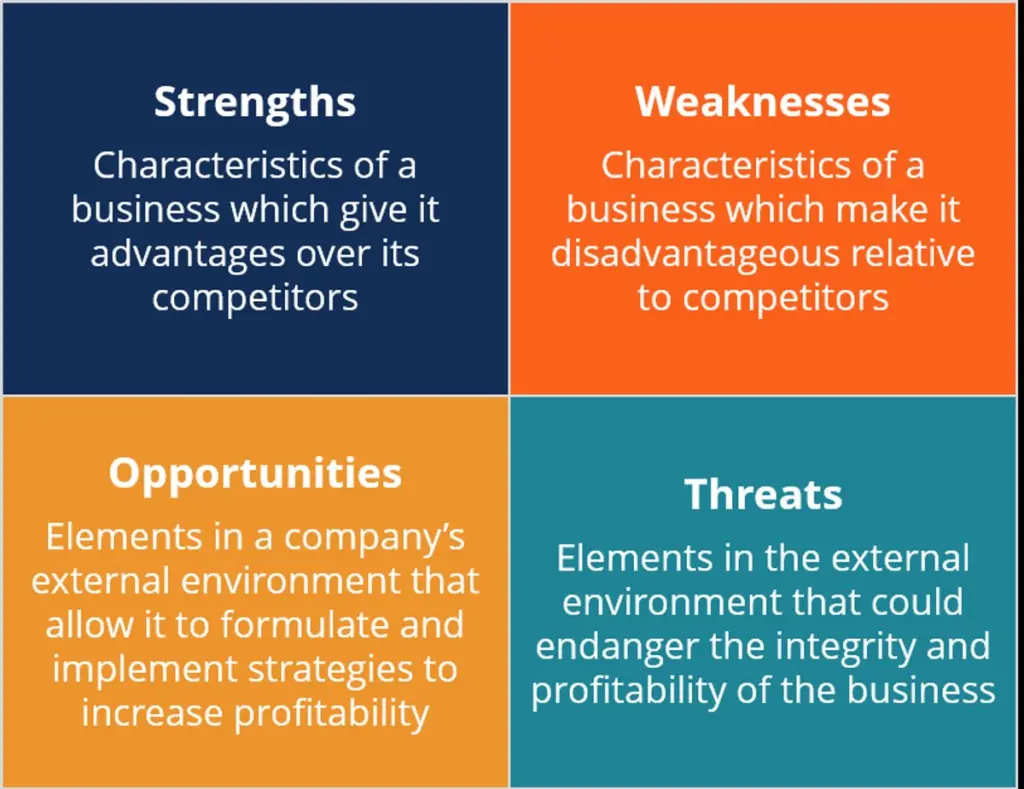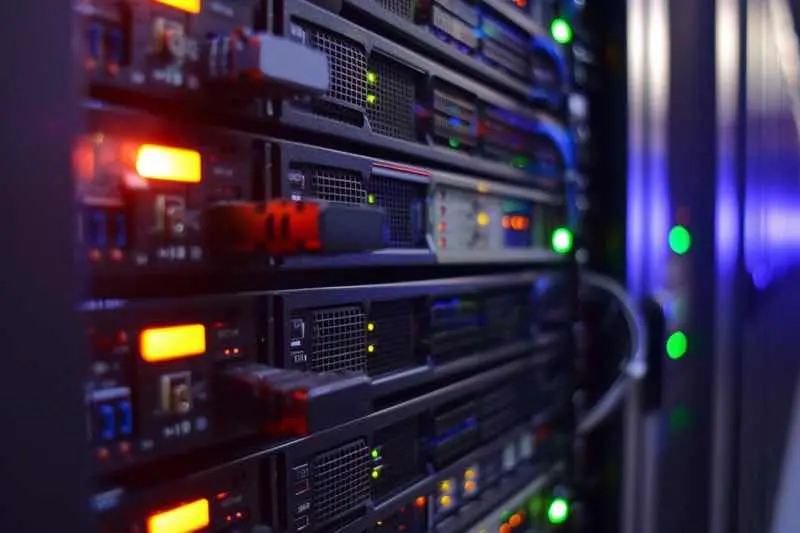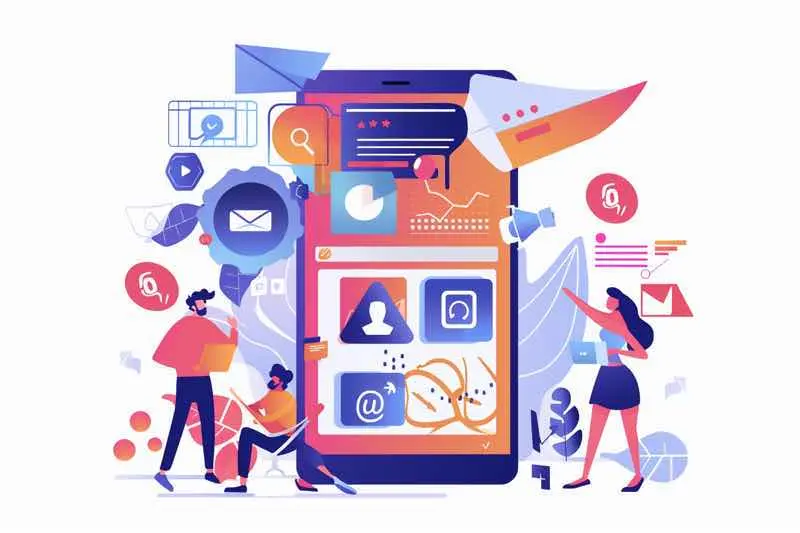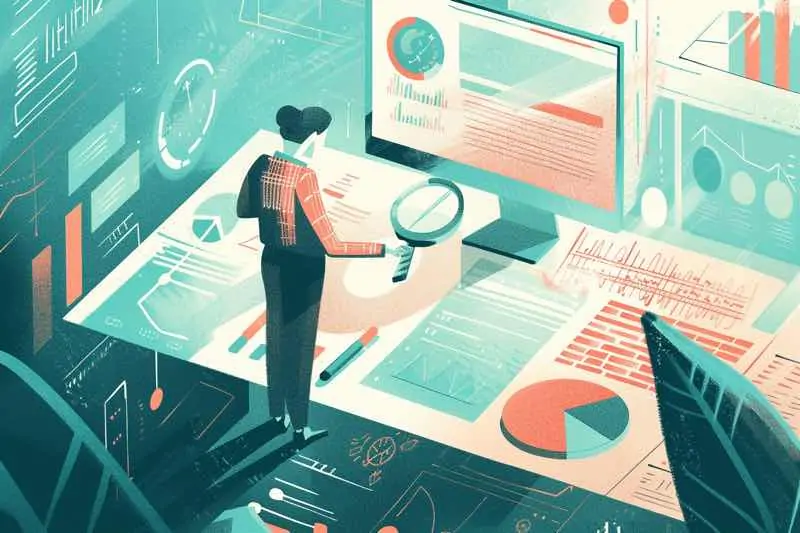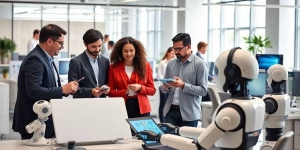In a recent press conference, Microsoft unveiled its findings on the transformative role of AI agents in the workplace, predicting significant changes in organizational structures and employee roles. The rise of ai agents in the workplace and general public will transform our world. The insights, drawn from the 2025 Work Trend Index, highlight how AI is evolving from a mere tool to a collaborative team member, reshaping the future of work.
Table of Contents
ToggleKey Takeaways
- AI agents are becoming integral team members, enhancing collaboration with human employees.
- Companies are restructuring to facilitate teamwork between humans and AI.
- A new leadership role, termed ‘agent boss,’ is emerging to manage hybrid teams.
- The demand for AI literacy and management roles is increasing across industries.
The Emergence of AI Agents
According to Microsoft’s survey of 31,000 employees across 31 countries, AI is no longer just a support tool but is now seen as a vital collaborator in various business processes. This shift is leading to the rise of what Microsoft calls “frontier companies,” which leverage AI to drive efficiency and innovation.
Notable examples include:
- Bayer: Integrating AI in product development, saving employees six hours weekly.
- Dow Chemical: Utilizing AI in delivery operations, anticipating millions in cost savings.
- Wells Fargo: Implementing AI in customer service, reducing information retrieval time from 10 minutes to just 30 seconds.
Redefining Organizational Structures
As AI agents become more prevalent, Microsoft predicts a significant shift in how organizations are structured. Key changes include:
- Hybrid Teams: 28% of managers plan to hire individuals to oversee teams that include both human employees and AI agents.
- New Leadership Roles: The concept of the ‘agent boss’ is emerging, where leaders will manage teams that consist of both AI and human members.
- Project-Based Organization: Companies may reorganize around specific goals rather than traditional functions like finance or marketing.
The Future of Work and AI
The integration of AI into the workplace is not without challenges. A recent survey indicated that 92% of IT jobs will be transformed by AI, with many professionals fearing obsolescence. However, the demand for AI-related skills is on the rise, with companies actively seeking:
- AI Trainers: To educate staff on AI tools and applications.
- Agent Developers: To create and maintain AI systems.
- Data Analysis Experts: To interpret data generated by AI systems.
The Importance of AI Literacy
As organizations adapt to these changes, AI literacy is becoming crucial. Employees will need to understand how to effectively delegate tasks to AI and leverage its capabilities. Skills that remain irreplaceable by machines, such as conflict resolution, adaptability, and innovative thinking, will be in higher demand.
Conclusion
The future of work is being reshaped by AI agents, prompting organizations to rethink their structures and employee roles. As companies transition to hybrid teams and embrace new leadership models, the focus will increasingly be on integrating AI into the workforce in a way that enhances productivity and fosters collaboration. The journey towards this new era of work is just beginning, and organizations that adapt quickly will likely lead the way in innovation and efficiency.



